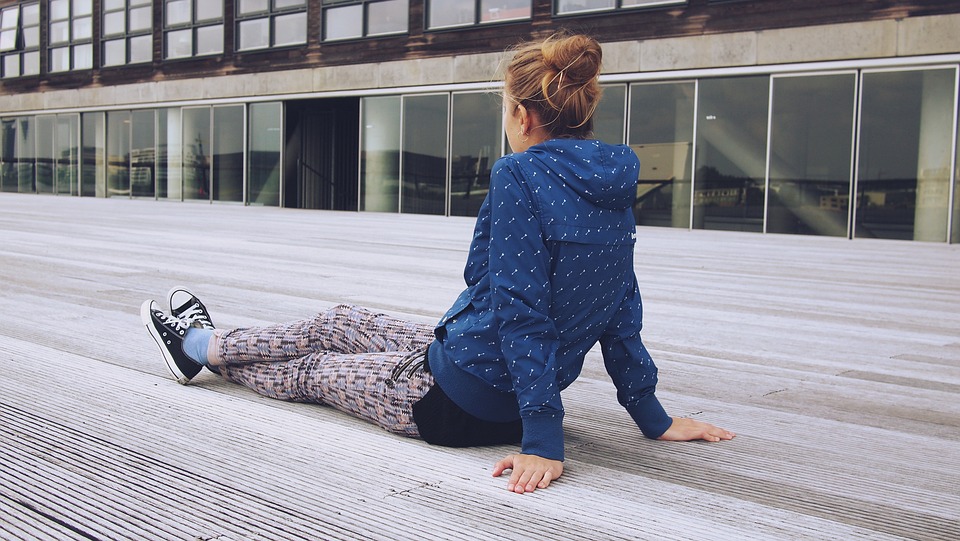
A student's lifestyle refers to the everyday habits and routines that shape their physical and mental well-being. These include what they eat, how much they move, their sleep patterns, how they handle stress, and how they organize their day.
Each student’s routine is different—some follow a structured schedule centered around studies, while others have more flexibility. Regardless of lifestyle, building healthy habits plays a key role in academic performance and personal growth.
Why a Healthy Lifestyle Matters for Students
Living a healthy life while studying helps you:
-
Stay mentally focused
-
Improve physical fitness
-
Manage stress more effectively
-
Feel energized throughout the day
-
Build habits that last into adulthood
Simple and Effective Health Tips for Students
1. Eat Nutritious Foods Daily
Eating well doesn’t mean complicated meals. Choose simple, balanced options:
-
Include fruits, vegetables, whole grains, and lean protein
-
Avoid skipping meals or relying on processed snacks
-
Limit sugary and packaged items
Smart tip: Prepare quick meals at home to save money and avoid unhealthy food choices.
2. Stay Physically Active
Movement boosts energy and helps you focus better.
-
Take walks, cycle, or do bodyweight exercises
-
Join a sports club or fitness group
-
Use breaks between classes to stretch or walk
Aim for at least 30 minutes of moderate activity five days a week.
3. Get Enough Sleep
Sleep directly affects how well you think, learn, and feel.
-
Try to sleep 7–9 hours each night
-
Stick to a regular sleep schedule, even on weekends
-
Avoid screens before bedtime
Consistent sleep improves memory and concentration.
4. Manage Stress Constructively
Feeling overwhelmed is common, especially around exams or deadlines.
-
Use breathing exercises, mindfulness, or stretching.
-
Take regular short breaks while studying
-
Talk to a friend, mentor, or counselor if needed
Healthy stress management prevents burnout and supports emotional well-being.
5. Drink Enough Water
Staying hydrated helps with focus, digestion, and energy.
-
Carry a reusable water bottle.
-
Drink water regularly throughout the day.
-
Limit soda, energy drinks, and excess caffeine
6. Stay Organized and Use a Planner
Being organized reduces last-minute stress and boosts productivity.
-
Use a calendar or planning app.
-
Break larger tasks into smaller ones.
-
Review your day each morning or night.
7. Take Regular Breaks
Breaks are essential for mental clarity.
-
Follow a study method like 25 minutes work / 5 minutes rest
-
Use breaks to step outside, move your body, or do something creative
8. Build a Daily Routine
Consistency is key. Design a personal schedule that includes:
-
Classes and study time
-
Physical activity
-
Time for meals, hobbies, and rest
What You Gain from a Healthy Student Lifestyle
Better Physical Health
A strong immune system, better energy, and reduced risk of illness come from:
-
Balanced meals
-
Exercise
-
Rest
Improved Mental Health
Healthy habits ease stress and help regulate mood. You feel more focused, calm, and motivated.
Academic Success
Eating well, sleeping enough, and staying active improve memory and help you stay alert in class.
Increased Energy
You’ll feel less tired during the day, which will make attending classes, studying, and enjoying free time easier.
Stronger Long-Term Habits
Good routines formed now can support you in your future career, relationships, and health.
Conclusion
Taking care of your health doesn’t mean big changes—it starts with simple, everyday habits. Eat well, sleep regularly, move often, and plan your time wisely. These actions support your grades and your physical and emotional well-being.
FAQs
1. What’s the best way for students to stay healthy?
Start with balanced meals, regular sleep, and at least 30 minutes of activity most days.
2. How many hours of sleep do students need?
Most students need 7–9 hours of sleep per night to function well.
3. Can healthy habits really improve grades?
Yes. Healthy habits improve focus, memory, and mood, all of which help in academic performance.
4. How can students reduce stress naturally?
Breathing exercises, stretching, walking, or taking breaks help ease tension.
5. Why is hydration important for students?
Water keeps the brain and body functioning well, improving energy and attention.


